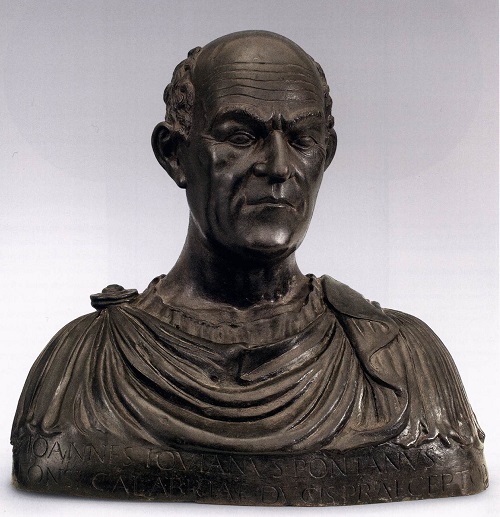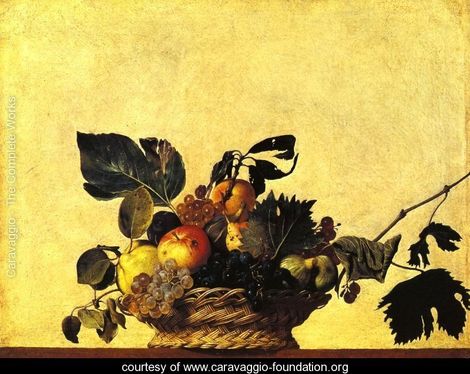Here is a little piece by Lawrence Durrell from his wonderful book Reflections on a Marine Venus – A Companion to the Landscape of Rhodes, first published in 1953. Having visited Rhodes in late August which is the time he is describing here, the scene painted here is clear in my mind….
“…Below us the sea sat perfectly still, cold as jelly; the old grey fort, its walls stitched and cobbled, resembled the pelt of an aged elephant. Neohori by contrast glittered softly in its plaster walls and red roofs…We sat for a while in one of those little rock tombs where the temperature of the stone, as Gideon observed, made one think that the occupant had just left it for a stroll by the sea; and then, shouldering our packs, climbed past the last villas and…took the high road which runs over the crown of the hill and along the glittering cliffs. It was cool here and windy. Westward along the shingle beaches around Trianda the sea was laying successive washes of prussian blue and violet, and thinning them out as they touched sand to green and citrons and the innocent yellows you can see on the ripening skins of tangerines.
…
By the early afternoon we had reached a hollow in a hillside beyond the town of Villa Neuova where a number of sources broke from the mossy banks of a hill and created a shady pleasance – I do not know how else to describe it – encircled by some tall plane trees, forming a sort of pavilion around the little whitewashed tavern where we proposed to halt and eat…There was no food to be had beyond a boiled egg or two, so we were glad of what we had brought with us. There was however, plenty of good red wine, served in generous tin cans which had originally been intended as measures for oil…
The wine was ice cold, for the pitcher had been hanging down the well all morning on the end of a rope. Our host came timidly to the table and sat down with us to watch us eat and to ask the inevitable questions. He accepted some bread and lamb with a dignified air, stretching out his thin talons in a way that reminded one of something fastidious and small – a cat, perhaps: and this impression was strengthened by his thin black moustache which grew limply enough, but whose ends were waxed and turned up like a cat’s whiskers. He was called Panayiotis Porphyrongennis. “But,” he added modestly, “they call me Pipi here.”
Just beautiful prose!!









